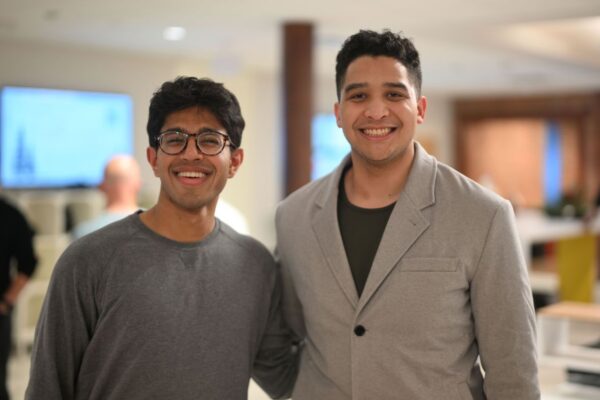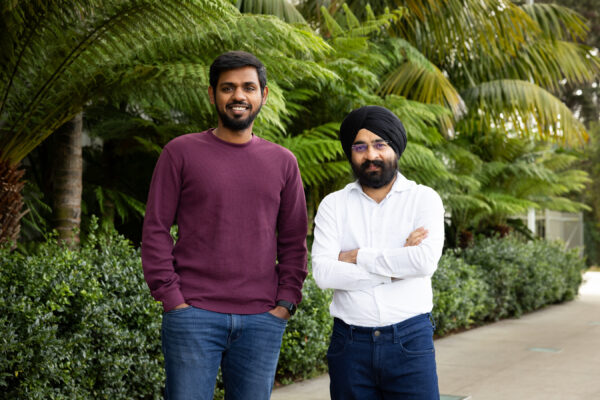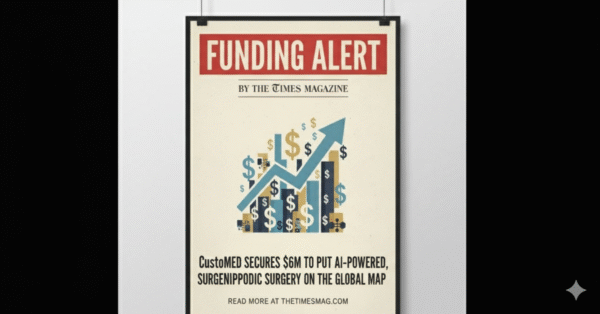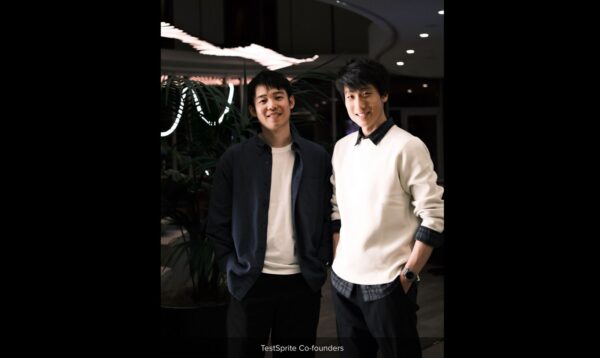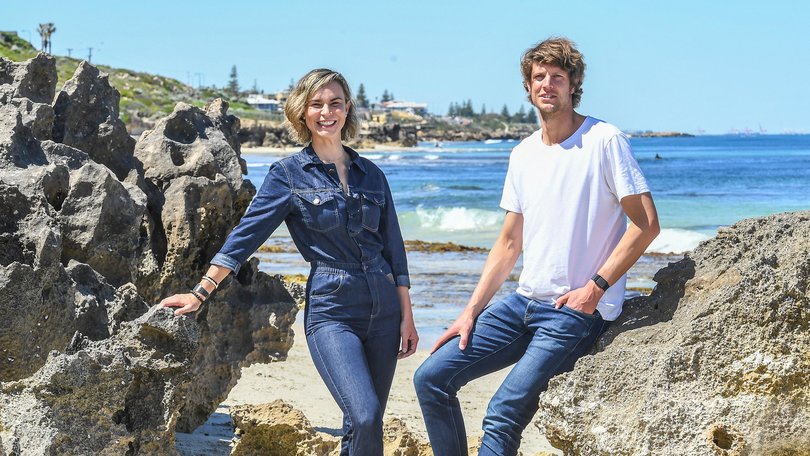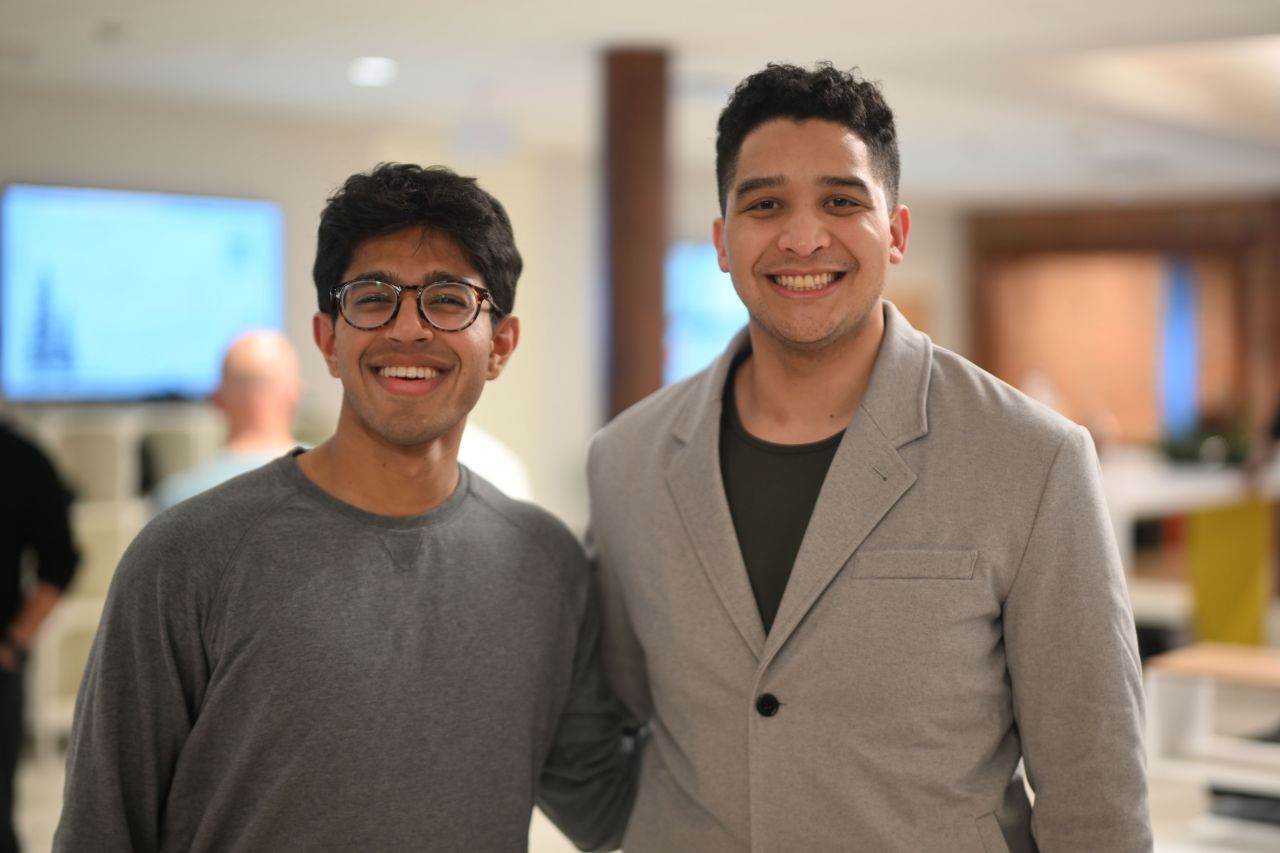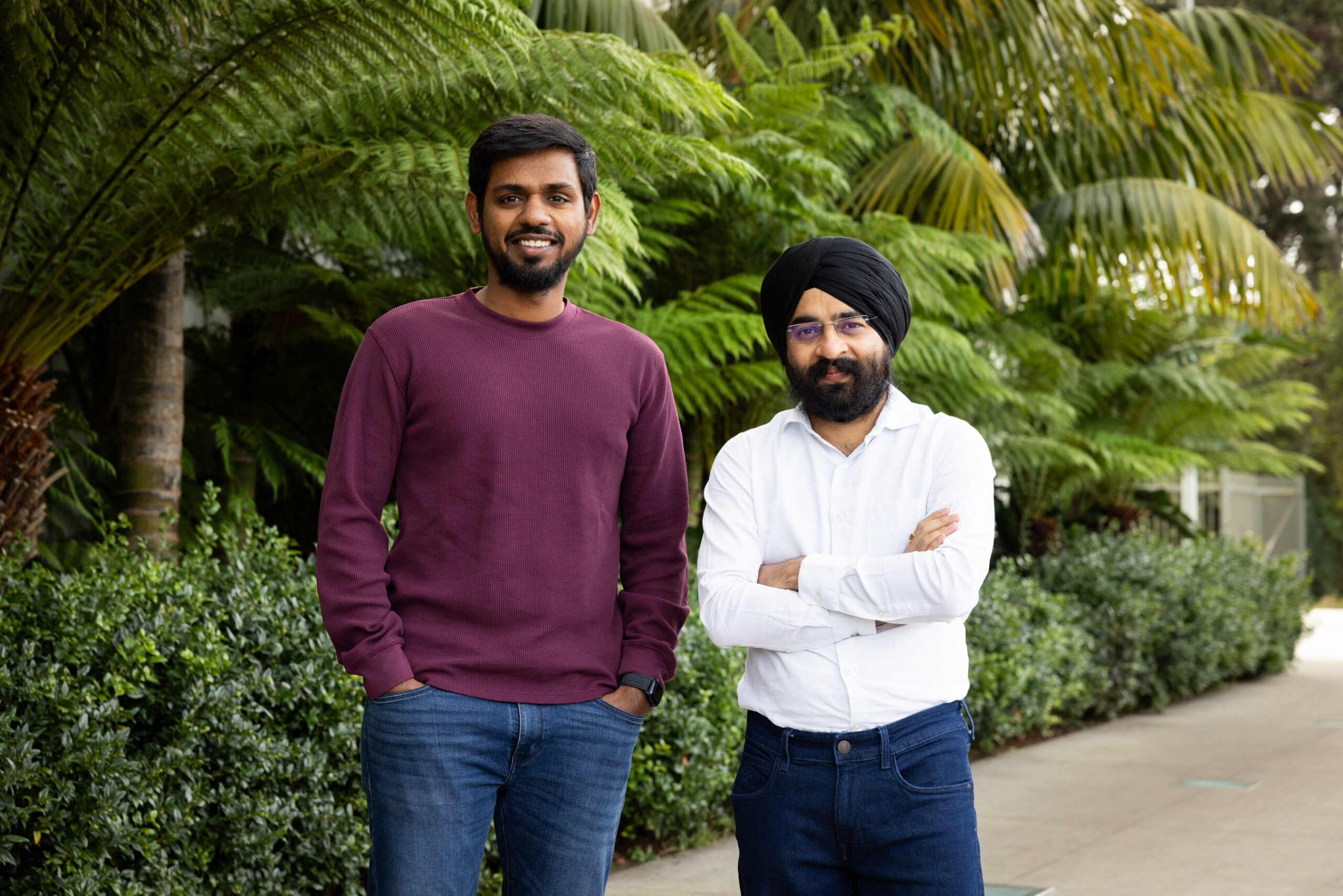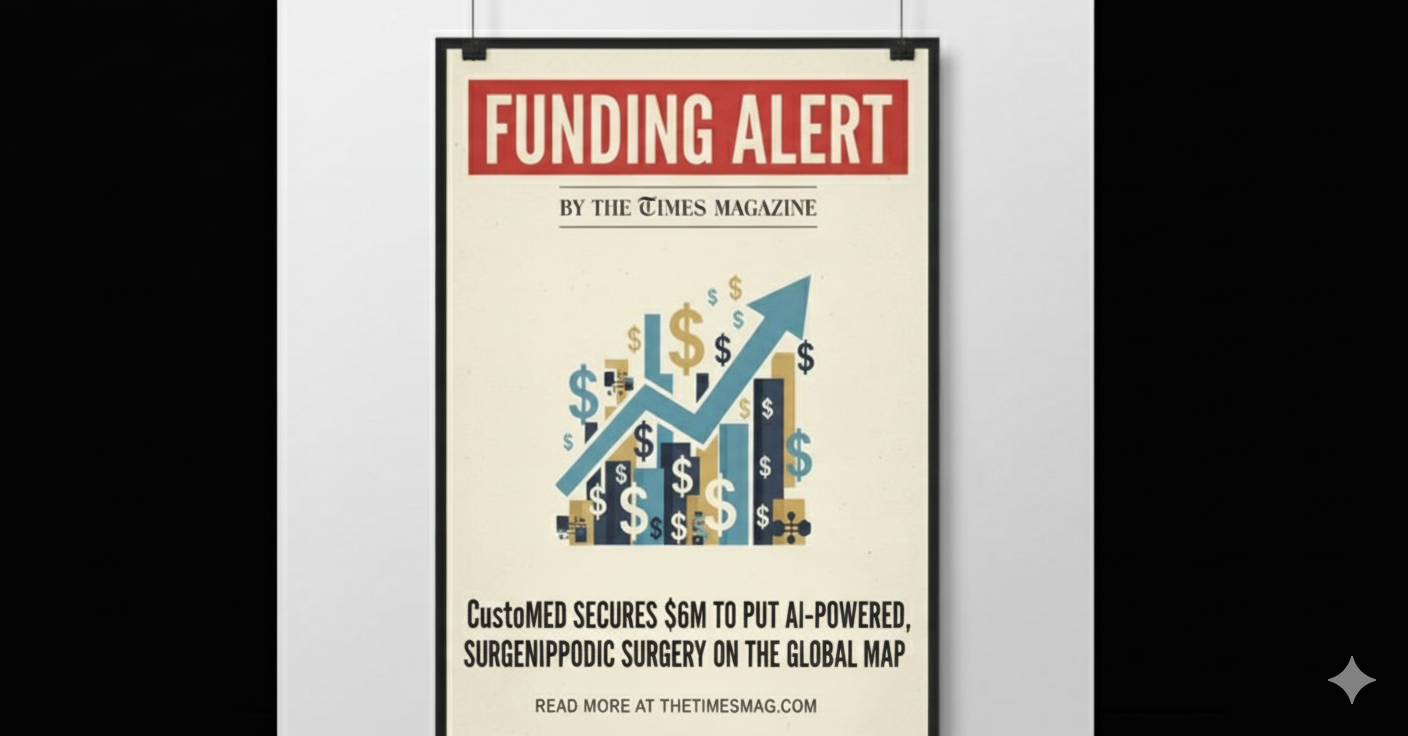In a pivotal moment for the materials industry, Australian start-up Uluu has secured AU$16 million in its Series A funding round to build a demonstration facility capable of scaling its seaweed-derived plastic alternative. Headquartered in Perth, Western Australia, the company plans to move from its current 100 kg/year pilot plant to a 10-tonne/year demonstration plant — a leap designed to prove its technology works at industrial volumes.
The round was led by German growth investor Burda Principal Investments with participation from Main Sequence, Novel Investments (the family office of a major textile group), Startmate, and a consortium of impact and family offices including Fairground and Trinity Ventures. Burda’s backing underscores a larger thematic shift: funding is increasingly favouring climate-positive material innovations aimed at disrupting fossil-fuel-based plastics.
At the heart of Uluu’s proposition is a material science breakthrough: farm-farmed seaweed is enzymatically broken down to sugars, which are then fed to salt-water microbes in a fermentation process (akin to brewing beer). The microbes produce polyhydroxyalkanoates (PHAs), which are extracted, pelletised, and ready for use in conventional plastic manufacturing equipment. Uluu
The company claims the resulting material ticks almost all boxes: it performs like fossil-fuel plastic (strong, lightweight, waterproof, non-toxic) yet is reusable, recyclable, home compostable and marine biodegradable—meaning it can break down naturally without leaving persistent microplastics behind. The environmental upside is significant: Uluu estimates that for every 1 kg of its material produced, ~5 kg CO₂-equivalent can be sequestered or avoided—versus ~3 kg emitted by conventional plastic production.
On the commercial front, Uluu already has partnerships in motion across cosmetics, fashion and automotive sectors. Its earliest commercial product: a surfboard wax comb made with Uluu material, in collaboration with Quiksilver. More recently, Uluu struck a deal with sleepwear brand Papinelle for biodegradable buttons made from its seaweed-derived material.
Co-founder and co-CEO Michael Kingsbury remarked: “After four years’ work developing this technology… we’re excited to take this next step and start delivering meaningful volumes of our materials to customers.” His co-CEO, Dr Julia Reisser, added: “Seaweed grows quickly and gets everything it needs from the sun and the sea… By harnessing seaweed, Uluu is producing materials that have a positive, rather than negative, impact on the environment, while ending plastic pollution.”
Editorial perspective:
What makes Uluu’s story compelling is that it stands at the intersection of several enduring challenges: plastic pollution, dependence on fossil-feedstock materials, rising regulatory and consumer scrutiny of microplastics and single-use waste, and the broader circular-economy imperative. The move from pilot to demonstration scale will be a crucial inflection point. The 10-tonne facility must prove not just technical viability but economic viability: feedstock supply chains (seaweed farming, microbial fermentation), cost per kg compared to fossil plastic, and most critically, integration into existing manufacturing systems without expensive retrofits.
From an industry-perspective, the choice to target industries like fashion, automotive interiors and packaging works well. These are sectors under pressure to decarbonise and open to novel materials. However, one major risk is whether Uluu’s material can truly meet cost, performance, durability and certification (e.g., marine biodegradable standards) at scale. The advantage of “plug and play” compatibility with existing plastic manufacturing equipment is a plus—lowering one barrier to adoption.
In terms of company potential, Uluu is well-positioned to become a category-defining player in the bioplastics space. If it can reliably scale and bring costs down, the addressable market is enormous: plastics are ubiquitous across packaging, textiles, consumer goods, automotive, electronics. On the flip side, competition is intensifying (other startups, biopolymers, recycled plastics) and the feedstock supply chain (seaweed farming at scale) is unproven in many regions. For investors and corporate partners, the key questions will be: can Uluu hit volume, cost targets, and regulatory certifications within the next 18-24 months? If yes, this could be a transformational step in materials.
If you need further assistance or have any corrections, please reach out to editor@thetimesmag.com. For more such articles visit www.thetimesmag.com.

